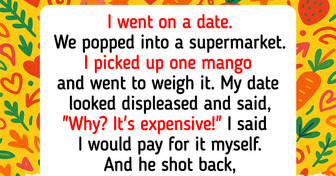Oh Naomi, how I love your style. Teach me your ways 😄😄
My DIL Tricked Me Into Babysitting—She Regretted It Instantly
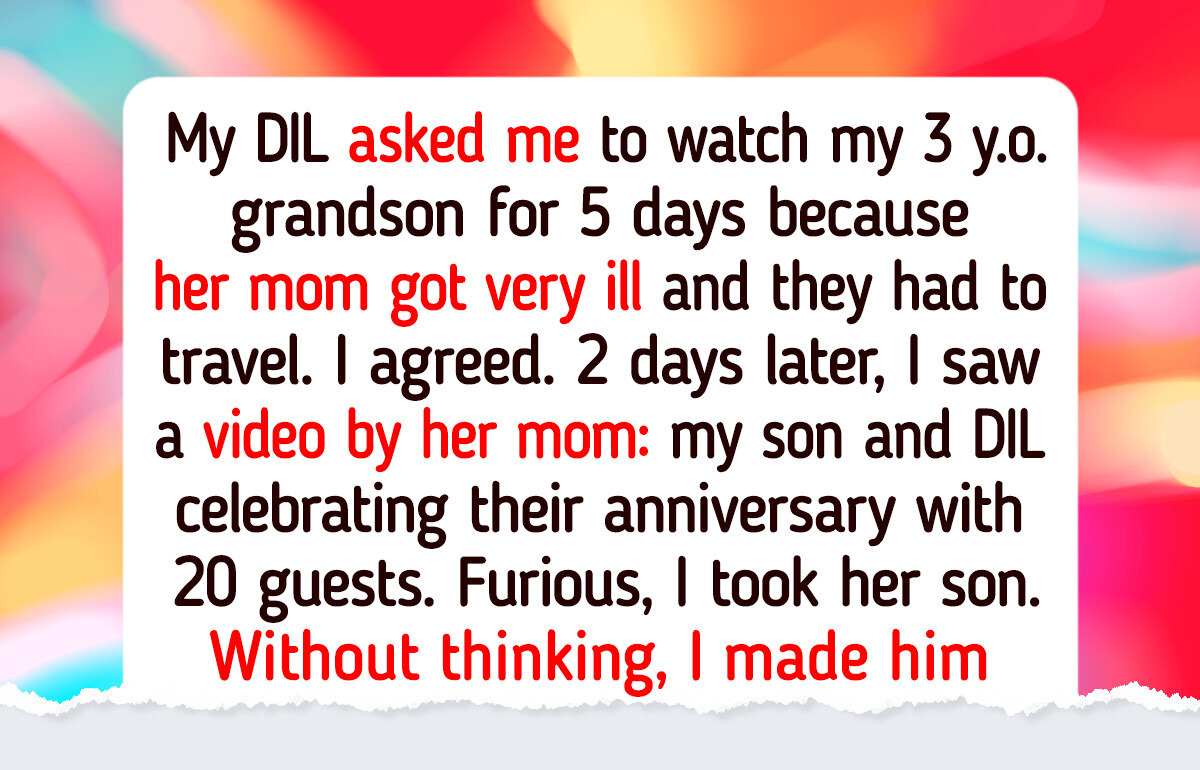
Sometimes, family dynamics can get complicated, especially when expectations, honesty, and trust come into play. Whether it’s about helping out, setting boundaries, or dealing with difficult emotions, situations with loved ones often bring out the best—and worst—in us. People handle these moments in very different ways, and sometimes they leave lasting impressions.
One reader recently sent us a letter to share her experience with a situation that took an unexpected turn after she agreed to babysit her grandson.
Naomi’s letter:
Dear Bright Side,
A week ago, my DIL came to me in tears and asked me to watch my 3 y.o. grandson for 5 days because her mom had gotten very ill. So, she and my son needed to travel to be with her.
I agreed...
2 days later, I was scrolling through Facebook and was shocked to see a video posted by her mom: my son and daughter-in-law celebrating their anniversary with 20 guests.
Furious, I took her son and put him in the car. Without thinking it through, I drove him to the nearest hospital and made him get a routine checkup. After all, a checkup is good for a child—and he even got a lollipop in the end, so he was happy.

At the hospital, I took a photo of him and sent it to my son and daughter-in-law with a message that said, “Just so you know, we’re at the hospital!” Then I turned off my phone so they wouldn’t be able to reach me.
Within just a few hours, they took a plane and came rushing back. My daughter-in-law was visibly shaking as she asked if their son was okay. I smiled and told them he was perfectly fine—but I also made it clear that I will not tolerate being lied to again.
In the end, I felt satisfied that I gave her a taste of her own medicine. She lied to me, so I lied to her. Maybe I went too far—but their betrayal was more than I could take.
Was I wrong?
Naomi
Hi Naomi! Thank you for sharing this deeply emotional and layered situation. Here are 4 pieces of advice that we hope could help.
Use honest dialogue instead of emotional dramatics.
What you were feeling—betrayal, hurt, disappointment—was entirely valid. But instead of expressing those emotions through a dramatic gesture, like driving your grandson to the hospital and sending a cryptic message, a direct and heartfelt conversation could have gone further.
By calmly explaining how deeply their lie affected you, you would have created space for accountability without escalating the tension. Words like “I felt disrespected and deceived” speak louder in the long run than a staged scare.
Protect children from adult conflicts, even subtly.
Though your grandson came away happy with a lollipop, using a hospital visit as part of a lesson for his parents—while turning off your phone—unintentionally involved him in a power play. He’s too young to grasp the context, but old enough to feel the energy of something being off.
Even if he didn’t notice now, setting a pattern where adult conflict uses him as a chess piece can have consequences later. Keeping him emotionally and physically shielded from those tensions is a quiet but essential act of love.
Reflect on the roots of the lie—not just the lie itself.
Your son and daughter-in-law didn’t tell you the truth, and that stings. But ask yourself: Why did they feel the need to fabricate a story? Were they afraid you’d say no? Did they think you wouldn’t approve?
If so, that points to a larger communication gap. This doesn’t absolve them, but it opens the door to deeper questions about your relationship: Are they used to walking on eggshells around you? If so, the solution may not be punishment—but rebuilding trust and openness on both sides.
Replace retaliation with boundaries that preserve respect.
You were trying to make a point—but there’s a difference between standing up for yourself and retaliating. Instead of resorting to “teaching a lesson,” consider calmly setting non-negotiable expectations for the future: “I’m happy to help, but I need full honesty and reachable contact. If that’s not possible, I won’t be available next time.” That gives you control without creating fear or guilt.
Boundaries should be a way to protect your peace, not punish others—and when stated clearly, they don’t need to be proven through action. They stand on their own.
Nancy also wrote to us recently to share her story. After she refused to give her stepdaughter her father’s inheritance, events took a shocking turn that no one saw coming. Her story sparked a lot of debate—check it out here.
Comments
Although they got what they deserved, you just bought yourself down to their level.
Related Reads
My Husband Let His Sister Breastfeed Our Newborn, the Truth Is Far More Disturbing

I Fired the Nanny Because She Put My Grandson at Risk—But My DIL Refuses to Listen to Me
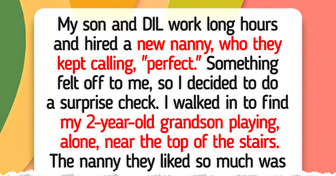
I Asked for a Raise After 10 Years and Lost My Job — They Didn’t See My Next Move Coming

I Refuse to Split My Inheritance Evenly Between My Grandchildren—My Son Is Furious
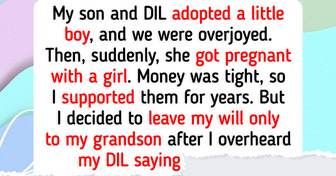
I Refused to Babysit My Sister’s Kids for Free, Now My Whole Family Is Against Me
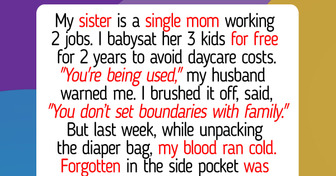
I Refused to Let My 32-Year-Old Daughter Live With Me Rent Free—Until She Told Me the Real Reason

I Lost a $120K Job Over a Ridiculous Interview Test

I Refuse to Cook Vegan Meals for My Stepson—And It Turned Into a Nightmare
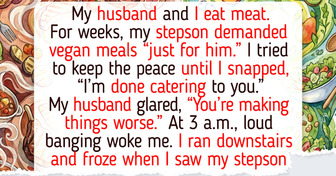
I Trained the New Hire Who Took My Promotion—My Revenge Was Calculated
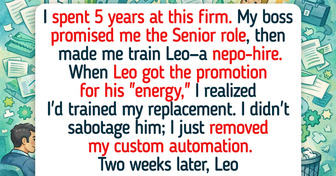
My Parents Wanted a ‘Family Vacation’ on My Budget—I Made One Move They Didn’t Expect

I Banned My Stepmom From Seeing My Newborns to Please My Real Mother
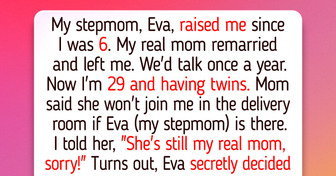
16 Shopping Stories That Prove a Trip to the Supermarket Can Be More Entertaining Than a Blockbuster Movie
